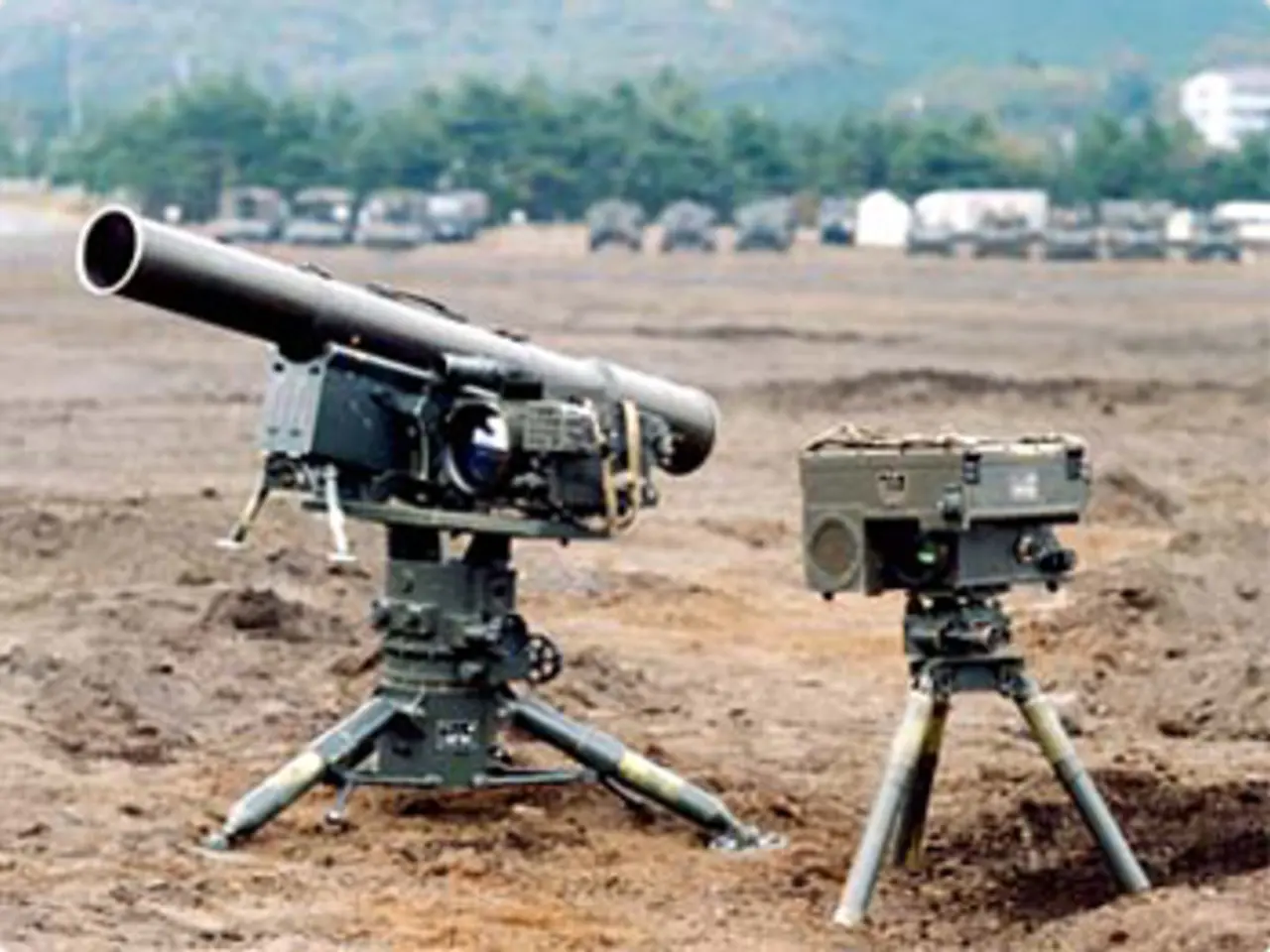Germany's Lack of Nuclear Weapons Explained
In a meticulous analysis spanning four decades, American historian Mark Walker delves into the reasons behind the Nazis' failure to develop an atomic bomb during World War II, as detailed in his book, "Hitler's Atomic Bomb."
The race between the Americans and Germans to build the atomic bomb was well-documented during the war. However, the factors that led to the Nazis' eventual failure have been a subject of debate for decades.
One of the key issues was a lack of scientific consensus and organization within the Nazi regime. Resources were not adequately allocated, and there was a lack of clear direction, hindering progress. This was exacerbated by the loss of key scientists, such as Albert Einstein and Leo Szilard, who fled Germany following Hitler's rise to power.
The Nazi war effort was primarily focused on conventional military strategies and short-term technological advancements, with resources diverted away from long-term projects like nuclear weapons development. This prioritization, coupled with competing interests within the regime, further hindered the development of a coherent nuclear program.
Allied intelligence and sabotage also played a significant role in disrupting Nazi scientific endeavors. The Norwegian heavy water sabotage, for instance, had a substantial impact on the German nuclear program.
Despite these challenges, German scientists did make strides in the field. They were the first to discover nuclear fission, and some even assisted the American atomic program, contributing to its advancement. However, the conditions at the end of World War II made it impossible for Germany to build an atomic bomb. Materials became scarce, research facilities were destroyed by bombing raids, and some scientists were sent to the front.
Contrary to some post-war German accounts, Walker's findings suggest that German researchers did not delay development for moral reasons. Instead, it was a combination of the factors mentioned above that ultimately led to their failure to develop an atomic bomb.
Walker's book presents a comprehensive analysis of the German atomic program, drawing from over a thousand historical documents. These documents, including a report by physicist Carl Friedrich von Weizsäcker, where plutonium was first mentioned as a potential explosive in Germany, are archived at the German Museum in Munich.
While the atomic bombings of Hiroshima and Nagasaki are a stark reminder of the potential consequences of nuclear weapons, it is clear that the Nazis were not able to realise this potential during World War II. The reasons for this failure, as detailed by Mark Walker, provide valuable insights into the complexities of scientific research and political dynamics during a time of war.
Regarding the mysterious world of science, it's intriguing to note that while Germany made significant strides in discovering nuclear fission, their failure to develop an atomic bomb during World War II was not due to moral reservations, as some post-war accounts suggested.
In hindsight, we can discern that a confluence of factors such as lack of scientific consensus and organization, inadequate resource allocation, loss of key scientists, and prioritization of conventional military strategies over long-term projects like nuclear weapons development, hindered the Nazi regime's nuclear program.
Moreover, the impact of Allied intelligence and sabotage, notably the Norwegian heavy water sabotage, cannot be underestimated in disrupting Nazi scientific endeavors.
Further exploration into this historical period reveals that the conditions at the end of World War II made it impossible for Germany to build an atomic bomb, as materials became scarce, research facilities were destroyed, and some scientists were sent to the front.
The study of the German atomic program presents a fascinating case in the multifaceted world of science, politics, and war, offering valuable insights into the complexities of these fields during a time of immense global conflict.




